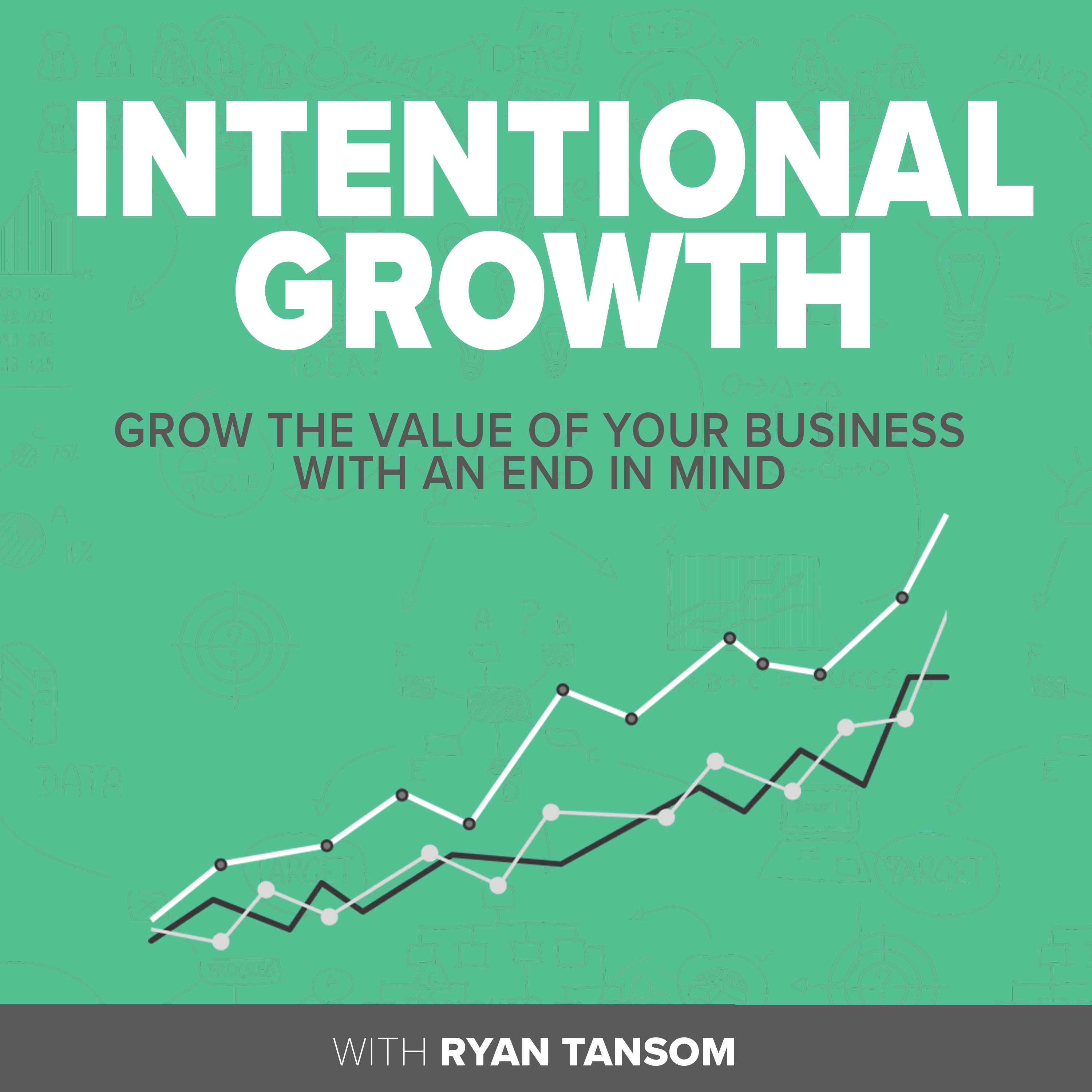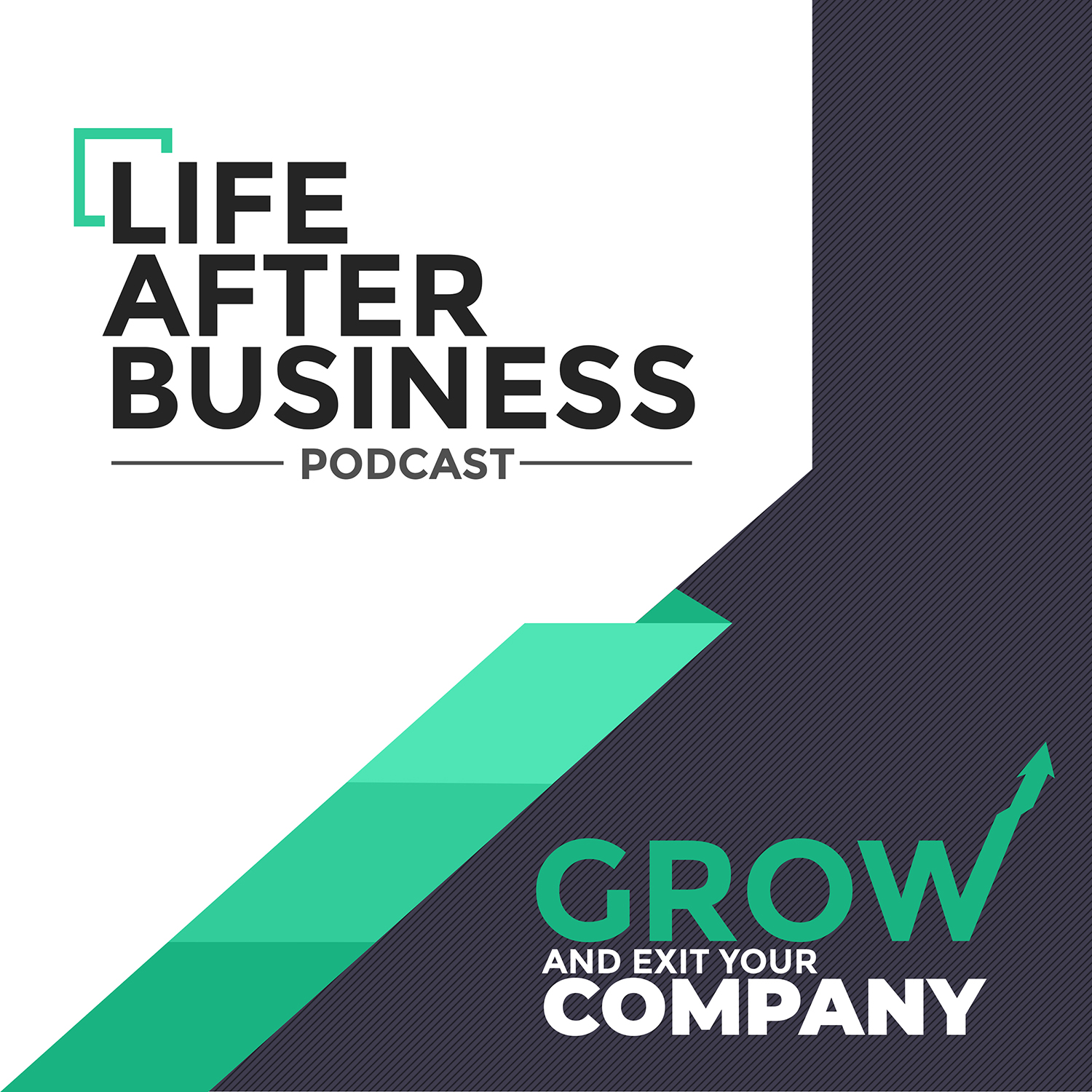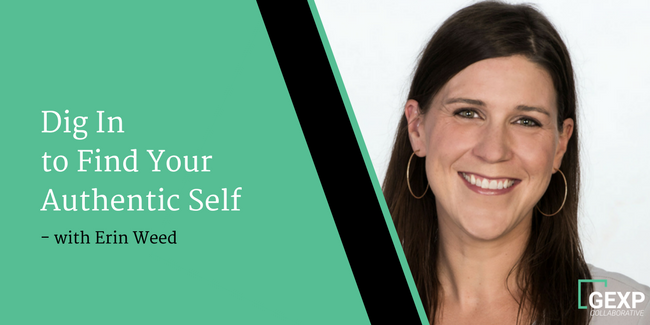My guest today is Vicki Raport, one of the founding members of Quantum Retail Technology. Vicki was on the front lines of Quantum’s sale. The story she has to tell is impressive and is a clean-cut example of how a company sale should happen. We discuss the journey Vicki and her partners took to build a successful business and how they kept a delicate balance between five (yes, five) founders. They pivoted the business from a SaaS to an Enterprise model, Vicki explained how they reached that decision and what it meant for the business as a whole.
If your goal for your business is to build a lucrative company and then sell it, Vicki’s story is inspirational and fascinated.
Today’s show highlights some very interesting and useful points for any entrepreneur. Not only did Vicki Raport and her four partners build a well-respected and profitable business, but when they sold, they got the cleanest contract out of the deal. They got the terms they wanted and the company they sold to fulfilled each and every one.
So what did Vicki do differently that helped her achieve such a desirable outcome?
Vicki attributes her success to great intention. She had intention in design, action, planning and execution. When she started her company, she knew she wanted to work in the market she was familiar with and so contacted a bunch of her old coworkers to see if anyone else was interested in developing a business.
By drawing from five different founders, their business (Quantum Retail) was able to utilize multiple skill sets and strengths. It quickly became a successful industry giant whose clients, while not numerous, were mighty and well-known. As with most entrepreneurial endeavours, Quantum started out as a single-purpose business catering to one client’s needs and then developed more of a portfolio as they gained more clients who had other needs in the same market.
Vicki’s story is a great example of capitalizing on what you know and building off of that until you are an indispensable service (or product) in your particular market niche. The only difference is in the intention; in the planning. Thoughtfulness, intention, planning, due diligence… whatever name you need to give this concept of acting with intention, do it. The better prepared you are and the more contingencies you plan for, the greater success you will achieve—both in operating your business and in selling it.
While Vicki’s situation is unique—five partners! —most businesses eventually take on a partner of some kind or another. With five founders, Quantum Retail was established with only a nominal investment by each partner. If you need some founding capital to get started, or to grow, it’s important to thoroughly vet your potential partners. They will have a certain degree of control over what happens in your business, so you want to make sure the person on your team is just that—on your team.
Aside from the obvious capital-related reasons to getting a partner, you also gain access to their wealth of knowledge. In Vicki’s case, that came from a few key players who held different skill sets and specializations than she did and who also wanted varying degrees of control over the business. And, of course, all of this was laid out well in advance.
Once they’d established they wanted to work together, they carefully crafted the how of it as well as compensation structures. Never leave anything to chance that a good board meeting could solve! Preparing for contingencies in the early stages, including the inevitable exits, was vital to their success overall as well as their efficient sales process.
Each of them had open dialogue about their needs and wants from the business and adjustments were made along the way as required to maintain a good status quo. Laying out expectations in terms of compensation, decision making, roles and even who takes vacation when can save you a ton of time down the road and a lot of money when costly mistakes are made which could have been avoided with a little extra planning.
It’s one thing to say that you are looking to sell your business; it’s quite another to say you are prepared. The best part of our podcast today and the greatest lesson to take from it is simply this: intend to do what you’re doing. Vicki looks back on her path as an entrepreneur and admits she wishes she had been more intentional in seeking out and establishing relationships with strategic partner earlier. It’s important to build those relationship in the market as early as you can so that when you’re ready for more capital or to sell, you have people and companies you can turn to who already know what you’re about and what your vision is—and who are more likely to want to get involved.
Vicki’s sale process was very efficient due to her planning. After discussing what they each needed from selling the business, Vicki’s team came to the decision that a strategic or private equity would be best for them. They wanted to keep their technology in the market and available for use and sale, and to that end they were quite successful considering Quantum Retail is still operating today.
After deciding on who they wanted to sell to, they hired someone to help them sell their company and ended up having 30-40 buyers interested in their business. The investment banker they hired—and Vicki is a big supporter of using professional and niche market council—was an expert in the field and the firm he worked for closed 70 deals per year in her market specifically. He was the best equipped to get the money and terms they deserved from the deal.
Eventually they dwindled the list down to their top two contenders and sold to the one who had the best terms and cash available, rather than using a series of notes and earnouts. In the end, you have to be comfortable with the terms you’re agreeing to. If you aren’t, you’ll walk away from the deal with a ton of regret.
And the final lesson about intentional selling is: have your house in order before you even start the process. Vicki had had the business’ financials audited years before and was up-to-date on all the paperwork side (HR, secure key contracts, etc.) so that you can prove you are what you say you are and the value is obvious to the buyer. Basically, take as much of the risk out of the situation as you can for the buyer so you can negotiate for the best terms possible.
With all that in mind, how can you act with intention to improve your business today?
Vicki Raport is an entrepreneur and multi-discipline business executive with over 25 years of progressive experience in managing and directing high-growth, mature and start-up companies in the retail and technology industries. She was the Co-founder, CEO and Visionary Executive at Quantum Retail Technology, Inc., a profitable, high-growth technology company serving the retail industry that was recently acquired by a strategic enterprise software company.

On today’s show, I have the co-founder of FeedbackPanda and author of Zero to Sold: How to Run, Start, and Sell a Bootstrapped Business,...

Ryan Moran is the founder of Capitalism.com and the host of the Freedom Fast Lane podcast. Ryan is a natural born entrepreneur who has...

My guest today is Erin Weed. After a tragic death of a friend, Erin founded Girls Fight Back! A women’s self-defense and personal safety...